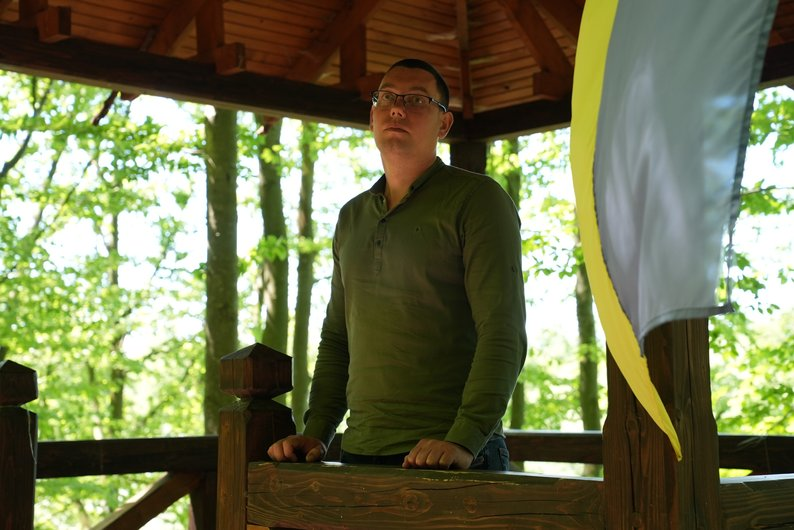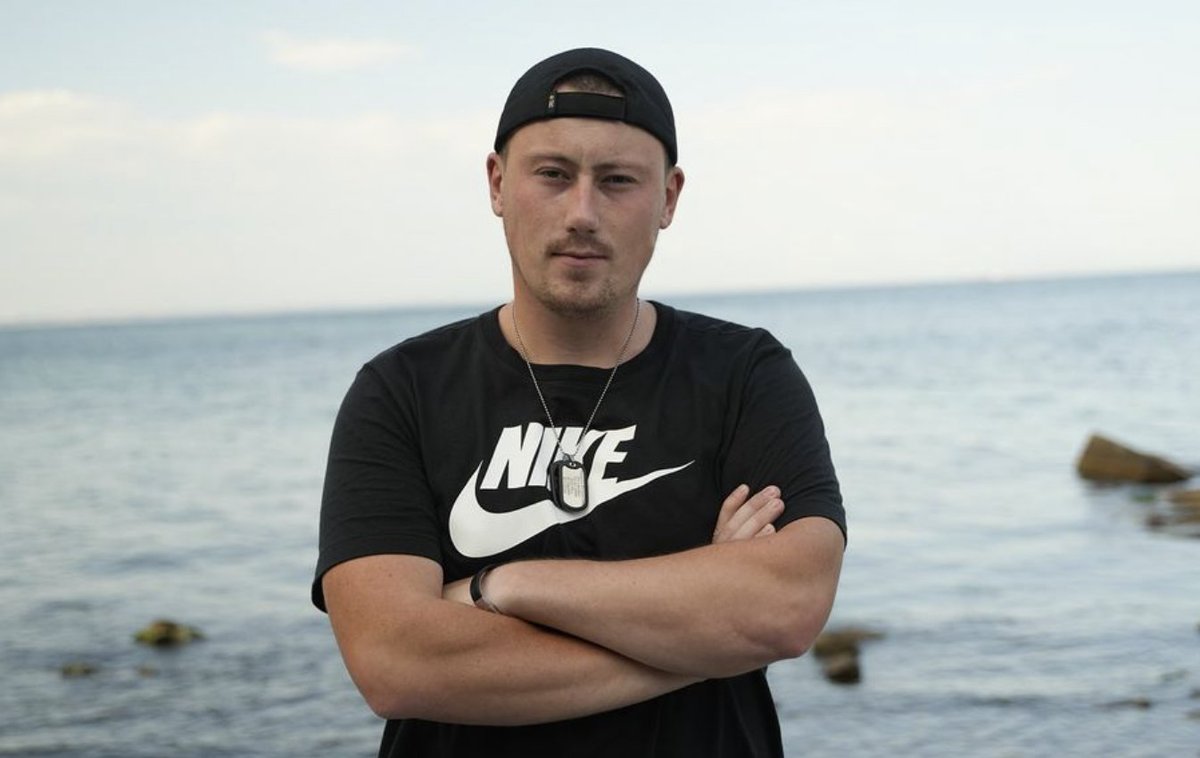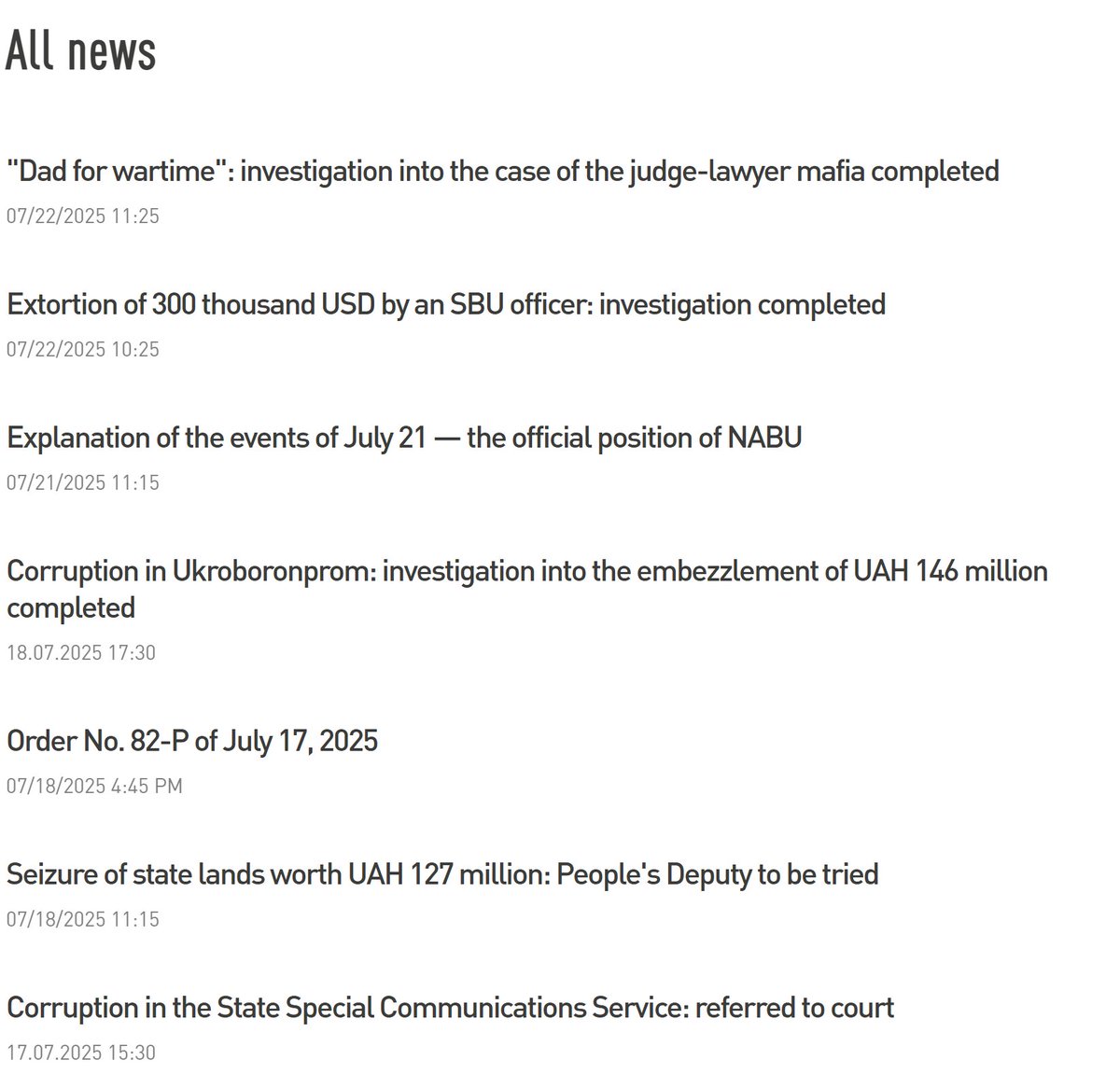I just watched a video of Ukrainian veteran Vladyslav Zadorin, who spent 22 months in a Russian prison. What he talks about is terrible; it is physical and mental torture on a daily basis. Please share this summary so that the world understands what kind of evil Russia is. 

"We spent 12 hours lying on a pier after being captured on Snake Island. It was late February, it was cold, and the sea was stormy, and freezing water kept splashing on us." /1
"After arriving at the colony, we stood in the cold snow for hours—some for a few hours, others for up to 15." /2
"In the colony, they gave us a bowl of clear water with a single strand of beet in it. When we asked what it was, they said, 'This is your Ukrainian borscht.'" /3
"One guy was forced to do a thousand squats because his heels don't touch the floor when squatting. If you run out of energy, they will use a taser." /4
"They used a taser everywhere—inside our mouths, on genitalia, and even in the rectum. The pain and adrenaline made it feel like we could climb walls." /5
"One guard beat prisoners so badly he broke over 10 bottles on my head. I now have a traumatic brain injury. This guard would beat us on the spine, trying to force the vertebrae inward. This guard had grandkids in Kharkiv, Ukraine." /6
"They gave me clothes that were deliberately too small just to mock me, even though I weighed 120 kg." /7
"On the way to the shower, we had to shout 'one, two, three, four' in German. They said we were fascists and we should shout in the 'language of the fascists.'" /8
"One guard loved the Russian band Sector Gaza. We had to sing their songs to get food. Those who refused to sing went hungry."
"Besides, we had to sing the Russian anthem 30-50 times a day." /9
"Besides, we had to sing the Russian anthem 30-50 times a day." /9
"Some were sexually abused. They inserted objects into the rectum, and some were beaten to death." /10
"One prisoner’s tongue was cut in two like a snake's. They would loosen teeth with pliers so they'd fall out over time." /11
"They’d give out too little food or give some people full plates and others less. This was done to cause an animal instinct. This sometimes led to fights. 'It’s terrifying,' he said." /12
"I ate worms to survive. Protein is energy, and you need it to survive. Some people even ate toilet paper and dipped it in soup." /13
"A nurse offered to cut our tendons so we couldn’t escape." /14
"One guy slit his wrists because he wasn’t exchanged. I also wanted to commit suicide. We often moved to other colonies, thinking you were moving for an exchange." /15
"When they asked for my clothing size, my heart pounded. I was afraid of being moved to another colony. I just wanted to go home." /16
"When I heard 'Glory to Ukraine' in neutral territory after exchange, I cried. It was after 22 months in captivity." /17
"After captivity, I had gallstones, brain injuries, damaged neck vertebrae, rotting fingers, and a dislocated pelvis. I weighed 120 kg before captivity and only 60 after." /18




"In Sumy, I was given a buckwheat soup. As I ate, I couldn’t believe this was real life—no more stale bread and slop. Health and freedom are the most important things in life."
End. /19
End. /19
Source
• • •
Missing some Tweet in this thread? You can try to
force a refresh
















